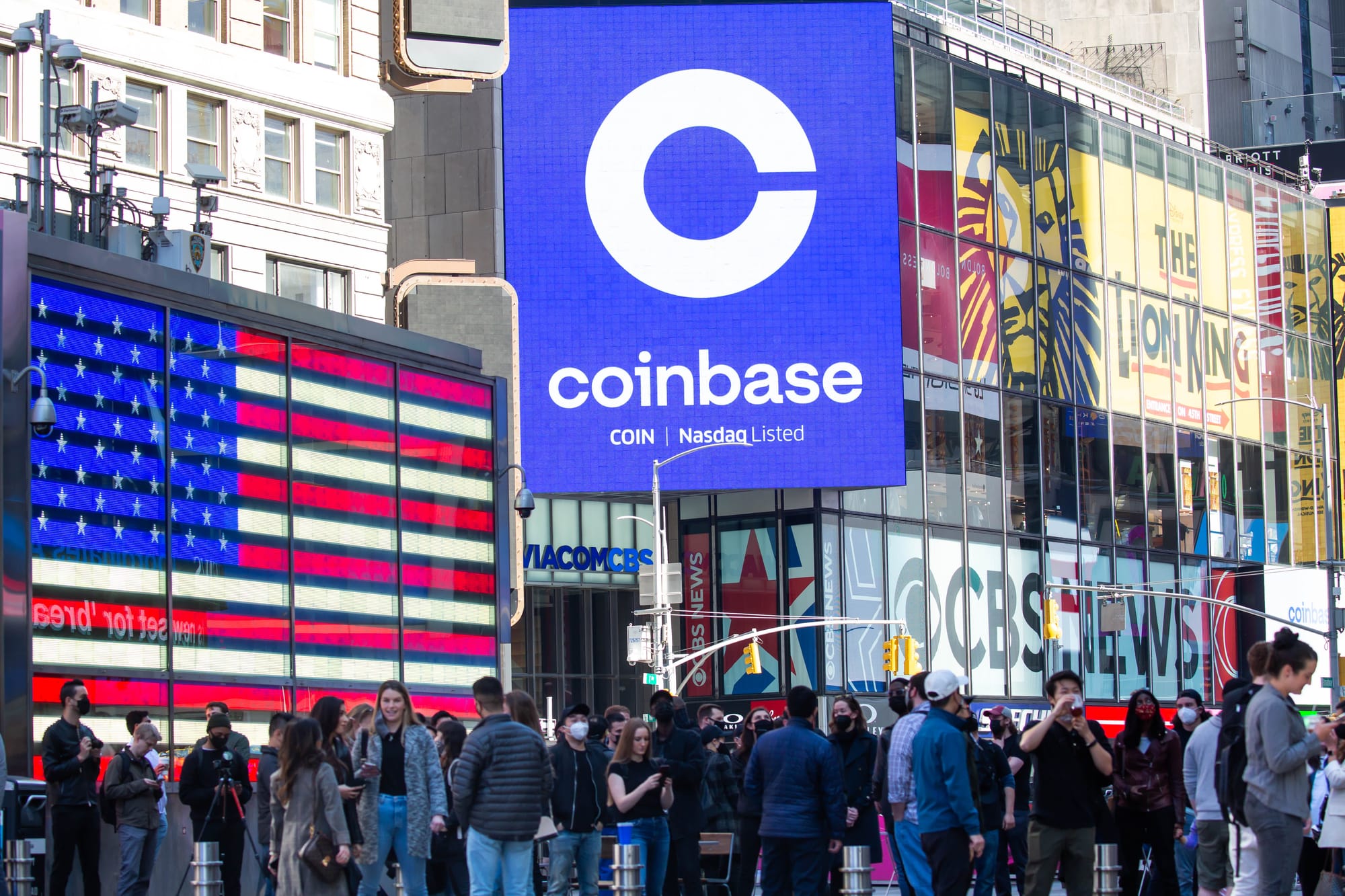Coinbase Launches Bitcoin Loans for US with DeFi Backing

Coinbase has once again ventured into the realm of Bitcoin backed loans for its US customers, this time with a strategic twist. After discontinuing its previous crypto lending program in 2023 due to regulatory pressures and waning demand, Coinbase has now partnered with Morpho, a decentralized finance (DeFi) protocol, to offer these financial services. This latest initiative aims to leverage the robust infrastructure of DeFi while sidestepping the pitfalls that led to the downfall of earlier crypto lending platforms.
A Fresh Approach to Crypto Lending
The return of Bitcoin loans through Coinbase marks a significant evolution in how the exchange interacts with the DeFi ecosystem. Unlike its last attempt where Coinbase directly managed the loans, this time, the exchange acts merely as a facilitator. Morpho, with its $3.7 billion in deposit assets, powers the backend operations, ensuring that the complexities of loan management are handled by a decentralized system. Paul Frambot, CEO and co-founder of Morpho, emphasized the flexibility of their platform which allows Coinbase to maintain control over the product design without needing to hand over governance to external decentralized autonomous organizations (DAOs).
This model not only offers Coinbase a safer operational environment but also introduces users to DeFi's benefits without the steep learning curve typically associated with interacting directly with blockchain protocols. By integrating with Morpho, Coinbase can provide its users access to DeFi's popular overcollateralized lending service, where users can borrow against their Bitcoin holdings without needing to manage asset custody themselves. This could effectively funnel billions of dollars worth of Bitcoin into the DeFi space, enhancing liquidity and engagement in decentralized finance markets.
The concept has been dubbed by enthusiasts as the "DeFi mullet," where the user interface remains simple and accessible at the front, while the intricate, technical aspects are cleverly managed behind the scenes. This approach could significantly increase the adoption of DeFi among mainstream cryptocurrency users who might otherwise shy away from the complexity of direct blockchain interaction.
In the world of DeFi, traditional credit checks are obsolete. Instead, loans are secured by overcollateralization, where borrowers must deposit more value than they wish to borrow. This collateral is then used within the system to maintain loan integrity. For instance, when borrowing USDC against Bitcoin on Coinbase, the Bitcoin is converted into cbBTC, a token that's specifically designed for interoperability within DeFi, ensuring that the collateral remains effective within the DeFi ecosystem.
However, this system isn't without risks. If the value of the collateral drops significantly or if interest rates spike, the protocol can initiate liquidation, selling off the collateral to cover the borrowed amount and prevent bad debt. Max Branzburg, VP of Product at Coinbase, clarified that while Coinbase facilitates these loans and covers network fees, the responsibility for managing these variable interest rates falls on the borrowers themselves. This aspect of DeFi lending requires users to stay vigilant about market movements and their loan's health to avoid liquidation scenarios.
By reintroducing Bitcoin loans with a DeFi backbone, Coinbase is not just reviving an old service but is also setting a precedent for how traditional crypto platforms can integrate with and benefit from the decentralized finance sector. This blend of traditional exchange operations with cutting-edge DeFi solutions could well define the future of crypto lending, offering users a more secure, controlled, and innovative way to leverage their digital assets.

